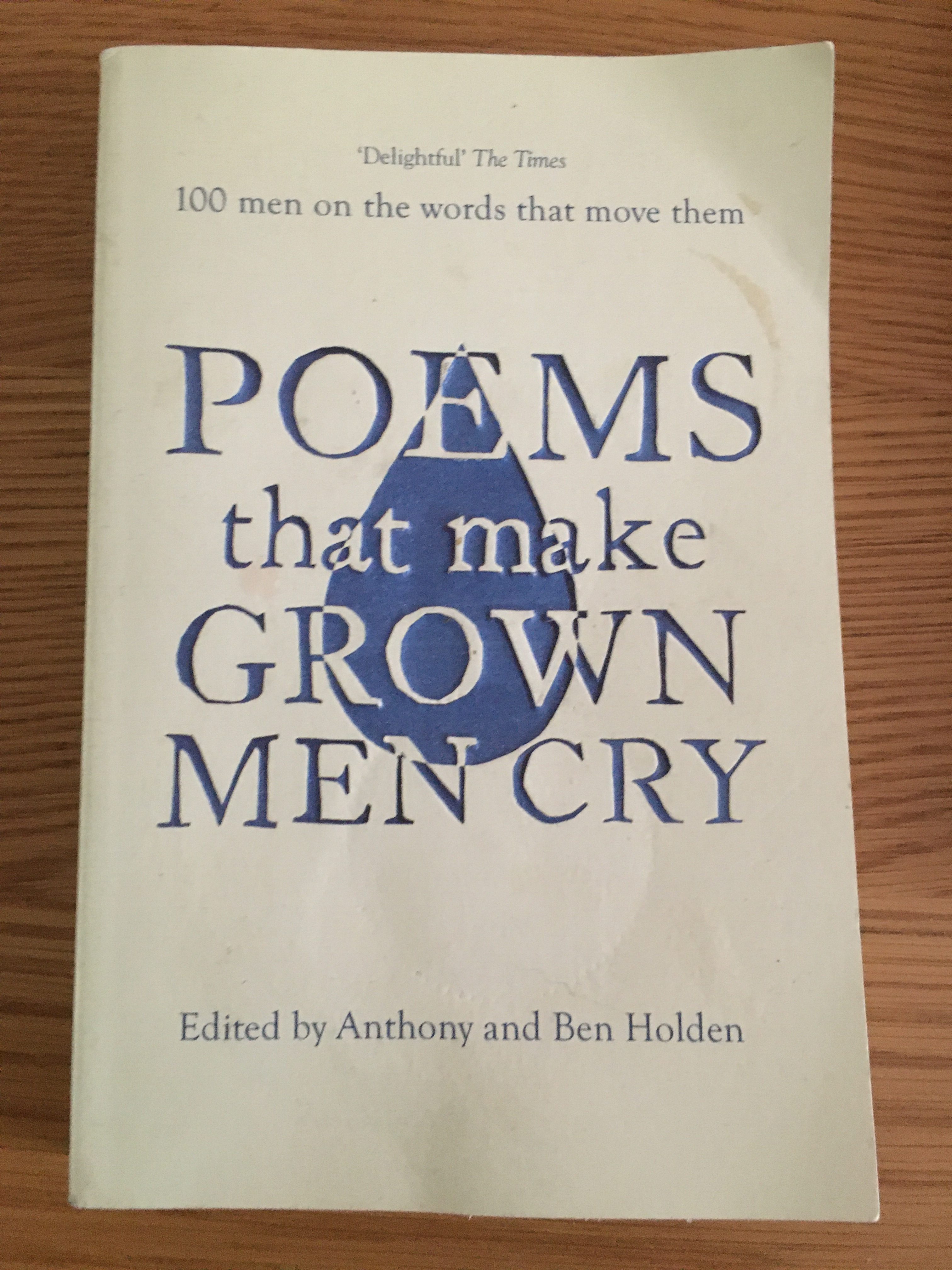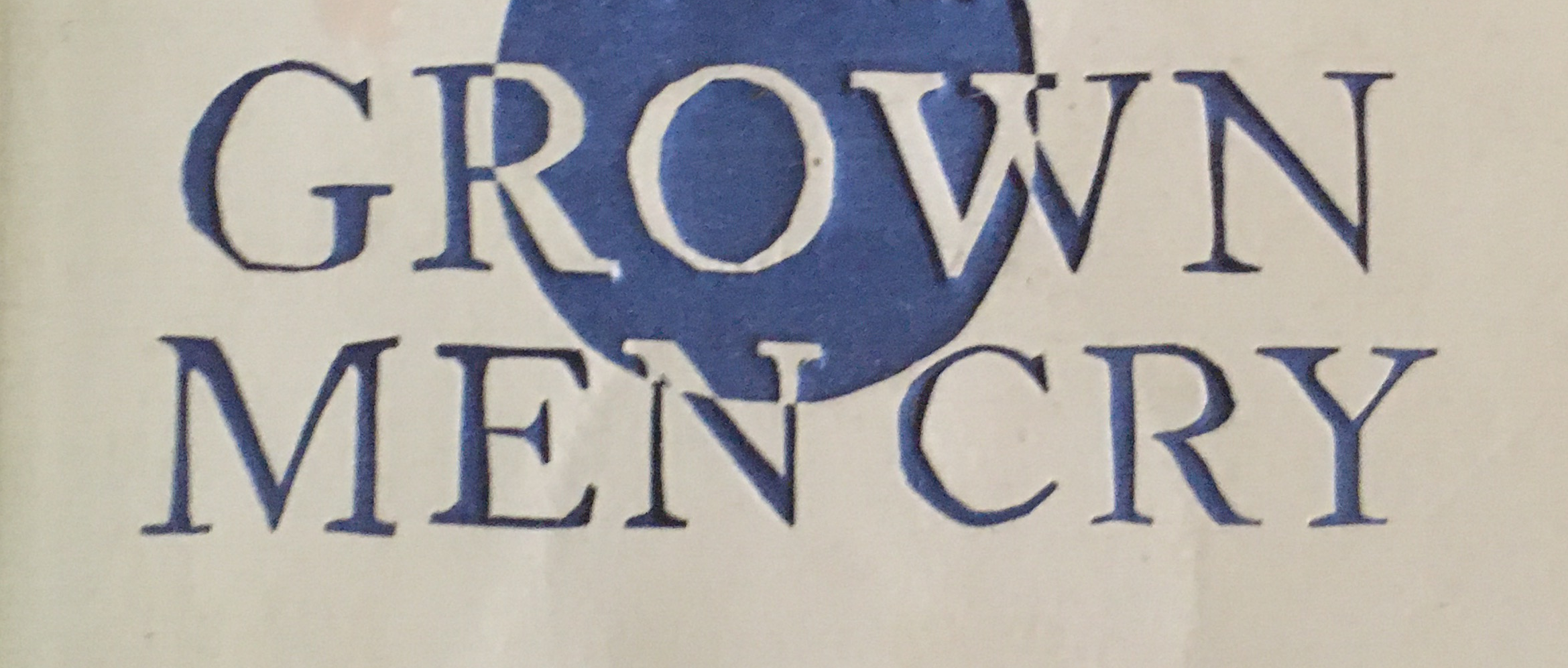There is a well-known and oft-quoted mantra that says:
“Life is 10% what happens to you and 90% how you react to it.”
The latest place this aphorism has found pride of place is in Goals, a book of inspirational sporting stories gathered together by the former Chelsea and Italy footballer Gianluca Vialli who has recently endured a huge challenge of his own after a cancer diagnosis and its ensuing treatment.
Renowned for being a tough and determined competitor on the field, off-field the now-retired Vialli admits that he initially found it difficult to cope with the feeling of helplessness that the disease bestowed upon him, but that learning that it was OK to cry was an important learning and tool for him.
Recognition that crying is a natural reaction to life’s adversities, and a necessary component of re-booting our internal hard drives has produced a number of welcome ventures in the last few years, including a wonderful series of Amnesty International-endorsed publications edited by Anthony & Ben Holden that also includes “Poems that make Grown Women Cry“.

Here, then is an entire book of poetry that has already achieved the promise of its cover, and opening the book at random reveals a treasure trove of insight; such as Long Distance by Tony Harrison, a two-part tale of the poet’s mourning of his parents (as chosen by the Harry Potter actor Daniel Radcliffe) :
I believe that life ends with death, that is all…
and the disconnected number I still call.
from Long Distance II by Tony Harrison
This week, it’s been Robert Webb’s Come Again that’s caused waterworks here. Webb was previously best known for being a comic, and in the same way that a comedian will “place” a notion in the audience’s head and then return to it with a punchline, Webb’s characters coolly discuss crying with view to affecting the reader a little later.
‘Just don’t say anything my dad would have said. I don’t want to cry.
Kate in ‘Come Again’ by Robert Webb, shortly before crying.

Intriguingly, Webb has moved from the medium of comedy, where the main goal is to elicit a physical response in the audience (of laughing), to a novel situation where he is now also responsible for a physical response from this audience (of crying).
Both these physical acts release feelgood chemicals in our minds to cope with pain and loss of life, and during these trying times it’s vital that we use every tool at our disposal, so what better time to go let it out.
As Kate’s father said to her before his untimely death in Webb’s novel Come Again,
‘Let’s have a break and a good old cry.’
Have a great week, stay safe and stay well.


